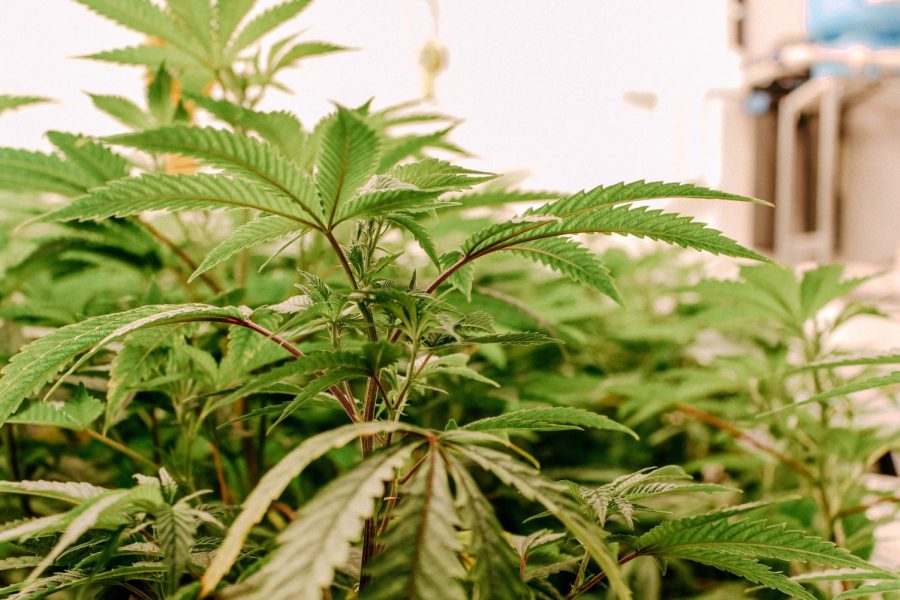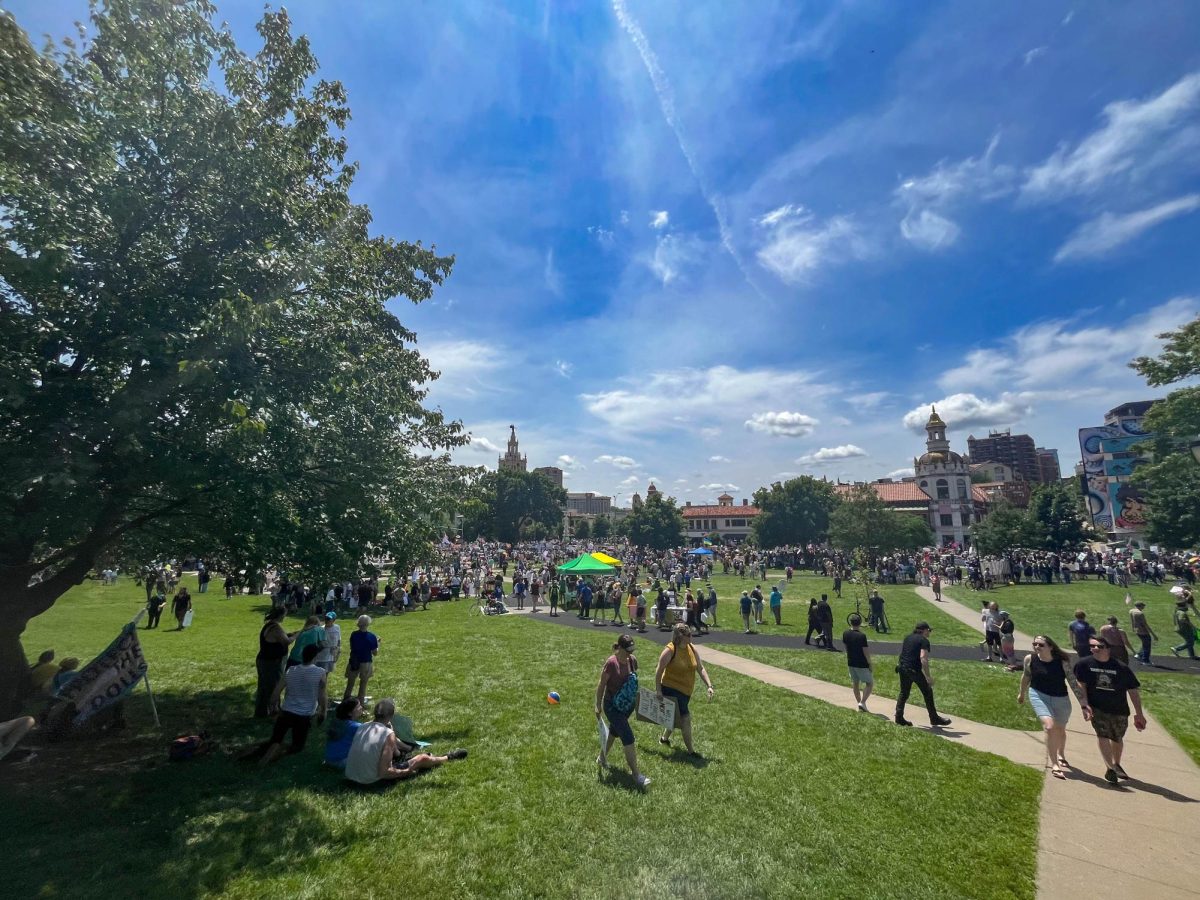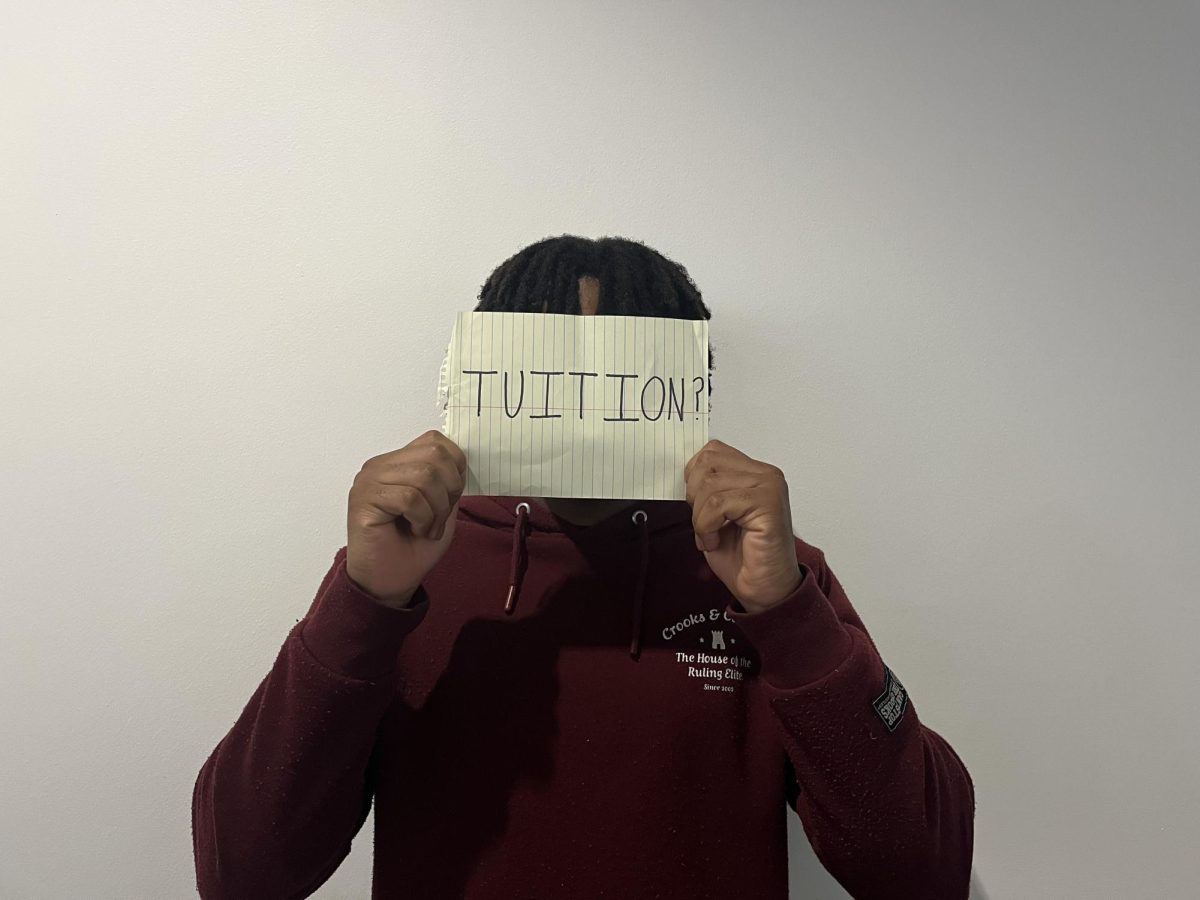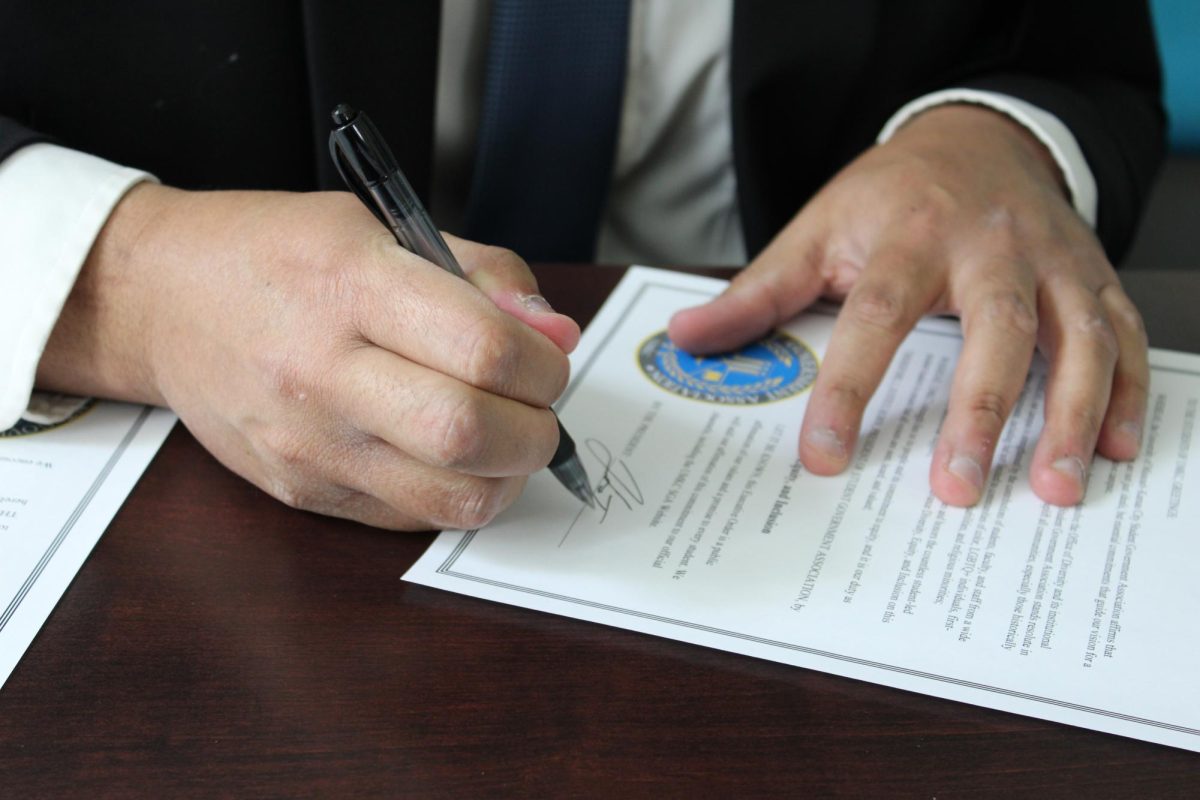Students Who Want Amendment 3 to Pass and Why
More than 200,000 Missourians have a medical marijuana cards, and UMKC students are a part of that number. (Breanne Blankenship/RooNews)
November 4, 2022
UMKC student Sullivan Nevins wants to work a part-time job that is flexible around her busy school schedule and pays a decent wage.
Too bad she can’t pass the drug test.
While interviewing for a clerk position at a retailer, Nevins learned a saliva swab drug test was required as a part of the employer’s hiring process. Knowing she would fail, Nevins did not complete the interview and did not get the job.
“Just because I smoke marijuana does not mean I am a drug addict,” Nevins said. “When I was taking prescriptions, they never asked me how much Zoloft I was on.”
Amendment 3, the Missouri Marijuana Initiative, would legalize the manufacture, distribution and consumption of the plant. One of its clauses protects medical marijuana cardholders and those who fail drug tests for cannabis from discrimination by employers.
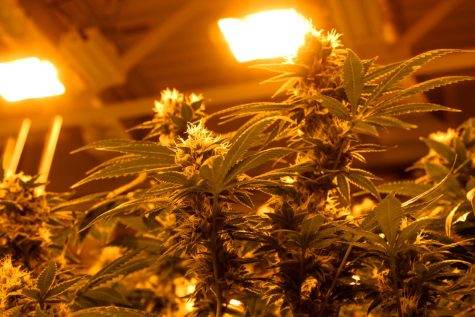
Nevins, an industrial organizational psychology major, is diagnosed with anxiety, depression and Irritable Bowel Syndrome.
Over a year ago, her primary practitioner recommended the benefits of medical marijuana and she received her medical card allowing an allotment of four ounces of marijuana per month.
Before using medical marijuana, Nevins was on a cocktail of different medications to help her ailments but found it hard to find which pills and at what doses were right for her.
“I felt like a shell of myself,” Nevins said. “I was numb to my emotions, it was changing my appetite and energy levels and made me feel too medicated.”
Like many others, Nevins found relief in using marijuana to help her both physically and mentally. Beyond medicinal purposes, the legalization of cannabis in Missouri would help students feel safer while going about their daily life.
The possibility of racial profiling due to his Hispanic descent keeps 20-year-old business marketing student Valentine Bassham alert, despite having a medical marijuana card.
“If a cop gets behind me or cops are in front of me, I’m nervous the whole time until they are out of sight,” Bassham said.
If passed, Amendment 3 will ban “no-knock raids” which will prevent law enforcement from searching a person or their property based solely on the possession of cannabis. There must be evidence of unlawful use before they are allowed to search.
While Bassham primarily uses cannabis as a pain medication, he partakes in the substance recreationally, preferring it over alcohol due to its negative behavioral effects.
“You never hear about a stoner beating up his wife because he had too much smoke,” Bassham said. “Chances are he just passes out or eats too much.”
Both students experience first hand the benefits of medical marijuana, and they recognize their peers could also see an upside to recreational legalization. For students without a medical card, they are hesitant to try cannabis even while experiencing severe anxiety and depression daily.
Nevins specifically mentioned her friends who are trying to get into medical programs.
“With [marijuana] being illegal it’s making people scared to take the right steps to take care of themselves.”
Click here to read more about Amendment 3.
lbb5ky@umsystem.edu


